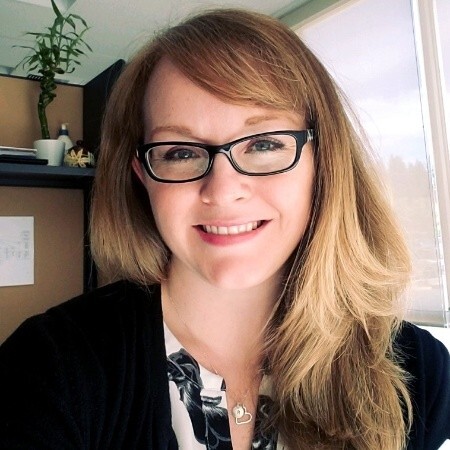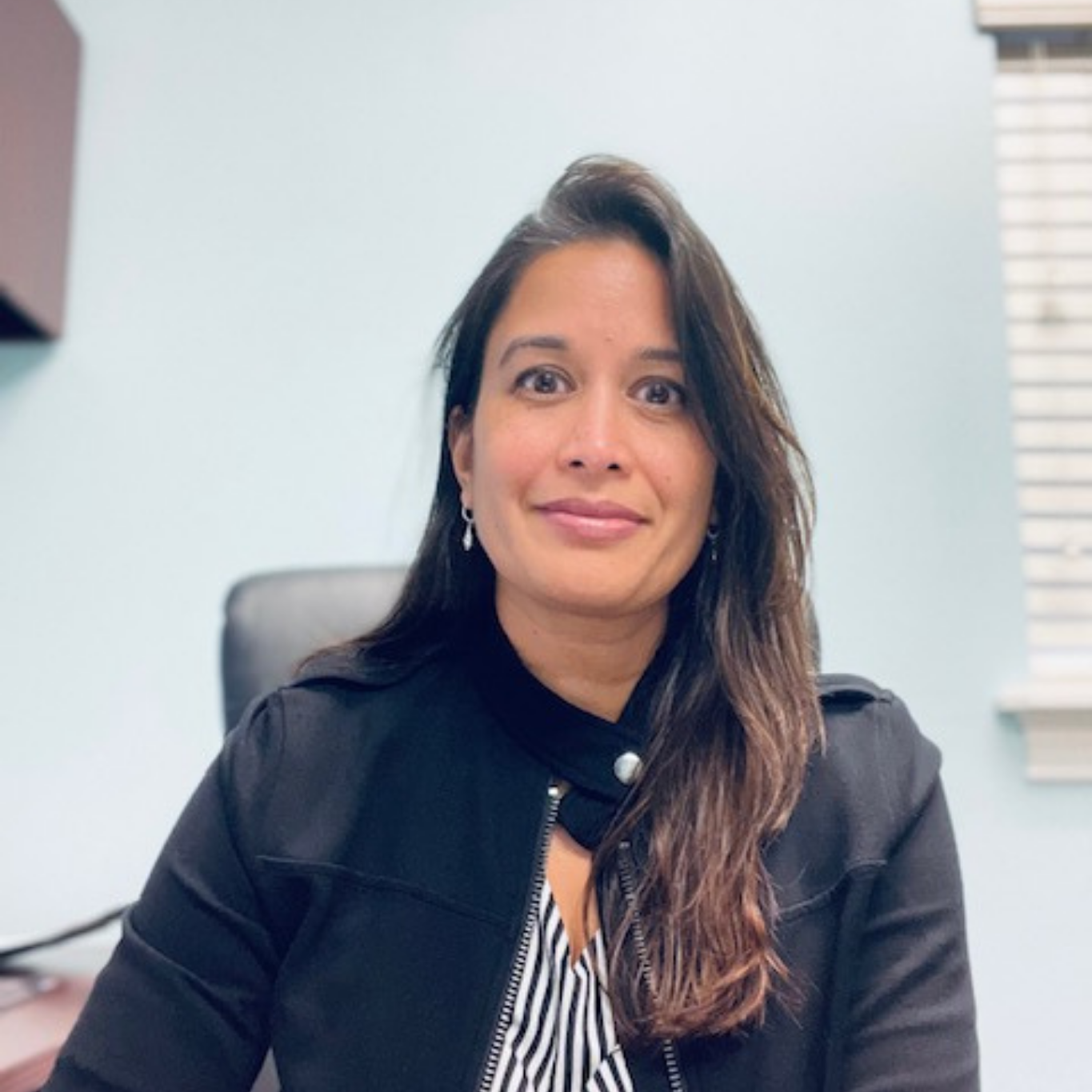Accountable care organizations (ACOs) offer tremendous potential for primary care practices, clinics, and community health centers (CHCs) to deliver high quality care; minimize administrative burdens; and increase revenues through shared savings.
Those benefits only materialize when the ACO prioritizes performance, however. But how does a practice know when it’s time to find a new ACO? The first step is an assessment that alerts ACO members to issues like:
- A poor track record in performance and shared savings
- A lack of confident movement toward risk
- A lack of practice-level, data-driven tools and support
Being part of an ACO can yield significant benefits, but only with the right ACO partner that can provide a documented track record of success, clear preparation for the future of value-based care, and a comprehensive library of tools and resources that support every role within a practice. Here, representatives of primary care practices that have made the switch from one ACO to another share their experiences, insights, and recommendations to help their peers navigate that transition.
 Q&A with Rachel Peigh, MBA, BSN, RN, Director of Ambulatory Care Management, Marshall Medical Center, Placerville, Cameron & El Dorado Hills, Calif.
Q&A with Rachel Peigh, MBA, BSN, RN, Director of Ambulatory Care Management, Marshall Medical Center, Placerville, Cameron & El Dorado Hills, Calif.
Practice profile: Marshall Medical Center has 20 independent physicians and 6,188 Medicare Shared Savings Program (MSSP) patients. The practice left its previous ACO to join Aledade in 2021. Marshall Medical Center utilizes an Epic EHR system.
Q: What were your expectations about joining an ACO versus the reality you experienced?
The reality was, we were sold a bill of goods with our first ACO. They were very well intentioned; they really had the right idea as far as processes that would help us [proactively manage patients]…but they really struggled with follow-through. We had to say, “This isn’t working; we are not successful; and we are not seeing this transition in culture.” We knew we needed to look for a new partner.
When we transitioned to Aledade, we were cautiously hopeful that we weren’t being sold another bill of goods. The reality is, we are now getting real time data – we are actually able to get our patients’ discharge data from local hospitals and deliver that transitional care management (TCM) visit. It’s about giving us the real-time information we need to intervene for our patients. It’s not just about looking for opportunities to improve, it is about partnering together to implement those improvements.
Q: How did being part of a potentially low-performing ACO impact daily workflows across your organization?
A: I think the reality is that it didn't affect our workflows all that much, and that was the disappointment. In fact, it led to a lot of disenchantment. It was almost like all of the changes really had to be initiated by us, and it wasn't as much of a partnership. The how-to wasn't there, and the reinforcement with performance data wasn't there. So that honestly was the worst part – that it didn't affect our workflows nearly as much as we wanted it to.
That's been the pleasant surprise of working with Aledade. I really expected good reporting and better data management and a little bit more practical support. There's this kind of inherent project management, accountability, follow-through…we were able to make meaningful progress quickly, and it's really changing our care. It's specifically for your organization. It really is, “Let's partner on these priority topics and see if we can move the needle.”
Q: What should your primary care peers consider when evaluating a value-based care partner?
A really important thing is the support – it was a huge factor for us to be able to talk in a focused, practical manner with people who understood the processes and practical things that get the outcomes we want. I’d also look at their track record – their ability to change your savings. I’d also take a look at the kind of data and reporting support you can receive, and don’t be afraid to dig deep. Look at reliability – how frequently are practices getting this information, and what’s the lag on it? These are the practical things that get you to those outcomes that really make the difference.
The thing I really didn’t expect is that our practice transformation specialist is directly working with our clinical team to implement changes and test process improvements. That’s something we did not experience with our previous ACO; we didn’t even experience that with our payer partners. That has been extremely valuable. We almost doubled our annual wellness visit (AWV) rate just last year, and we are one of the highest performing in our ACO for TCMs.
That’s mostly due to the support that we’ve gotten from Aledade.
 Q&A with Purva Hari, Practice Administrator, Physicians Medical Group, LLC, Clermont, Fla.
Q&A with Purva Hari, Practice Administrator, Physicians Medical Group, LLC, Clermont, Fla.
Practice profile: Physicians Medical Group has one independent physician and 453 MSSP patients. The practice left Aledade, only to rejoin in 2020, and added a commercial payer partnership in 2021. For 2020, the practice earned an MSSP revenue of $87,042. Physicians Medical Group utilizes an eClinicalWorks EHR system.
Q: What were your expectations about joining an ACO versus the reality you experienced?
For us, we were with Aledade and then switched to a local ACO because we wanted to be networked with local PCPs and contacts, develop those relationships, and succeed with that team. That wasn’t working for us, so we switched back to Aledade. Our expectation from Aledade was very much met with the reality that we experienced. We expected data at our fingertips, better IT, better reporting capacity, analytics, support – we received all of that and more.
Aledade has continuous information to share back with us. As there are national policy changes, coding changes, pandemic challenges like telehealth – if we weren’t engaged with them, we wouldn’t have that opportunity to learn and connect. You must really learn the processes that make you successful with the new entity, from the leadership to the clinicians and right on to the front desk. Once you understand that, and it’s a really easy conversation, you can start adding engagement in the partnership.
Q: How did being part of a potentially low-performing ACO impact daily workflows across your organization?
So for us, the ACO that we were a part of was not necessarily low-performing; their quality scores were excellent in comparison to other ACOs in our region, but they were not able to deliver on the bonus to the shared savings. And that was a complete misalignment for leadership and for us to even understand and process. So we knew it was time to make a change because how can we be at the top and completing TCMs, annual wellness visits and performing well across quality measures nationally, yet we're not achieving shared savings. So that indicated that there was a bigger problem for us and we needed to change.
We are really happy with our transition back to Aledade. It’s definitely more than a bright spot when you can receive a payment like we did, especially with all that we’ve been through as primary care practitioners with the pandemic. That payment was extremely helpful, to say the least.
The Aledade App is a game changer. When any staff member can log onto the app and make updates, notify our practice manager that this is what we did with this patient, then you're no longer shuffling paper, and that's an immediate efficiency gained within your organization. So when we transitioned to Aledade, that was the biggest win. The Aledade App is the biggest win out of everything because it meant less time reviewing Excel files or PDF files to make sure everything was done on the other side.
Q: What should your primary care peers consider when evaluating a value-based care partner?
You need to really consider, how does your ACO support you? Because that’s one thing Aledade provides beyond being an ACO. One example of that is how Aledade, within just a short amount of time, pivoted to provide telehealth services nationally through the Aledade App. So even if you weren’t able to integrate it with your EHR, they provided the quickest solution and paid for it so that we were immediately able to provide telehealth services during the pandemic.
And their policy team is on the forefront. If there’s a new policy change happening in Washington, if there’s a new requirement related to HIPAA, we’re hearing about it. There will be a webinar for us to learn what we need to do. They have an entire training database where you can access any kind of training you want. If you want advance care planning training, TCM training, whatever, you can receive it, and you get CME credit for it as well.
Aledade recognizes that that kind of ancillary support makes my job as a practice administrator much easier. We know that running a healthcare enterprise is not just about seeing patients and providing them quality care – you have to keep the lights on. You have to be in compliance with so many other things that are really unrelated.
Want to learn more about these experiences? Watch the full, on-demand recording of a recent webinar featuring Rachel Peigh and Purva Hari.




